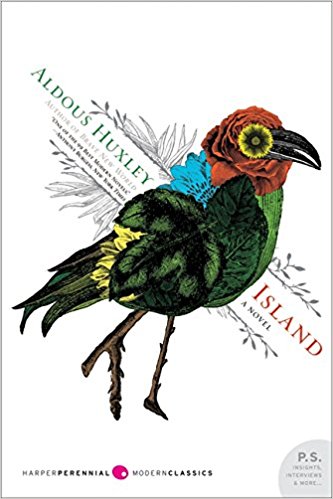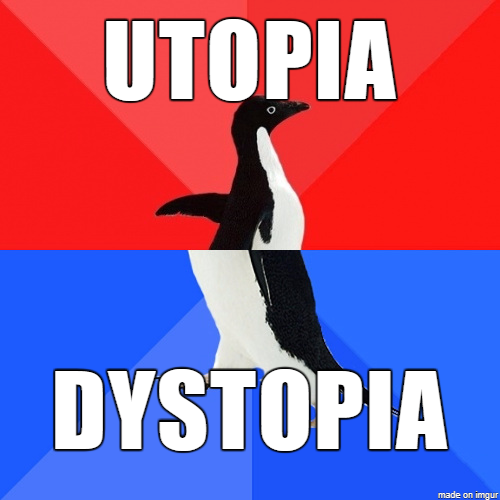Since it’s getting down to the wire – I’m not down with “Best of” lists that show up in October – I figured now was the time to give a shout out to my favorite books from 2018. Two important notes: (1) these are favorites, not necessarily bests or whatever; I just loved them, and (2) the key phrase is “that I read in 2018,” so it includes books from before 2018. With that said, here we go (in no particular order) . . .
Nemesis Games (2015)

I’ve basically been keeping one book ahead of where the TV version of The Expanse is, but with the next season on Amazon taking parts from both the fourth (Cibola Burn) and fifth (this one) books, I figured I had to get a little more down the road with this series. I read Cibola Burn this year, too, and while I got the criticisms some people had with it, I didn’t think it was this bad. In comparison to Nemesis Games, however, it was a wet patch on the road. To say “things change” in Nemesis Games is to severely undersell it. That the writing hive mind that is James S.A. Corey managed to explode the cast, sending them off in different directions before pulling them back together, is no small feat, either.
Saga, Vol. 9 (2018)

Oh, boy, that last twist. The good news is that after nine volumes Saga continues to be inventive, thrilling, thoughtful, and capable of numerous gut punches. The bad news is that writer Bryan K. Vaughn and artist Fiona Staples are taking “at least” a year off from the series before getting back to work on it. Part of me thinks that’s a good idea, but part of me worries if this shunts Saga into the realm of great, unfinished stories. Given the way this one ended, I sure hope not.
If you’re not reading Saga yet, here’s why I think you should.
The Field of Blood: Violence In Congress and the Road to Civil War (2018)

Many people know that, in the run up to the Civil War, Senator Charles Sumner was beaten by one of his Southern colleagues with a cane, providing the perfect metaphor for the turmoil that would soon rip the nation apart. What most folks don’t know is that, while Sumner’s beating stood out for its brutality, it was merely different in degree, rather than in kind, from numerous other incidents of Congressional violence. One Congressman even died in a duel (not on the House floor, to be fair). Not just a colorful “you were there” history, The Field of Blood looks back at another time when the political norms broke down and things sound frighteningly familiar to modern ears.
Johannes Cabal the Necromancer (2009)

Pure fun. Well, pure darkly humorous fun, at the very least. Johannes Cabal sold his soul to the devil. To get it back, he’s have to deal in bulk, gathering 100 souls for the devil to replace his own, all while running a demonic travelling circus right out of the darker portions of Ray Bradbury’s psyche. This was probably the most fun I had with a book this year, partly because of what I’d just read before (see below), but also because there’s a sharp, dark wit that runs all the way through it.
Shattered Earth trilogy (2015-2017)

N.K. Jemisin’s trilogy – The Fifth Season, The Obelisk Gate, and The Stone Sky – made history early this year when it won the Hugo Award for best novel three years in a row, an unprecedented achievement. Is it that good? Absolutely. The Fifth Season, in particular, is a structural high-wire act that shouldn’t work, but completely does and leaves the reader knowing precisely why it was done. The other two books don’t quite reach that level, but the overall arc of the story and the characters that drive it is brilliant. Pretty heavy (I needed Johannes Cabal . . . to brighten me up a bit), but completely worth it.
I’ve written before about these books here and here.
The Cadaver King and the Country Dentist (2018)

I wrote a review of this one here, so I won’t say much more. If you want to get really pissed off about what “justice” looks like in this country (and you should), this is the book for you.
Neuromancer (1984)

Yeah, I know, very late to the party on this one. My college roommate read it and, for some reason, I let it get away from me. Does it hold up? Pretty much, although it’s clearly a product of its time. As a foundational text for cyberpunk it’s something every sci-fi fan and writer should check out. That it continues to tell a gripping story while introducing a lot of ideas we now take for granted is icing on the cake.
Children of Time (2015)

I gushed about this one right after I read it, so check out the details here. Suffice to say, any book that can make you care about the macro evolutionary development of sentient spiders is an achievement.





